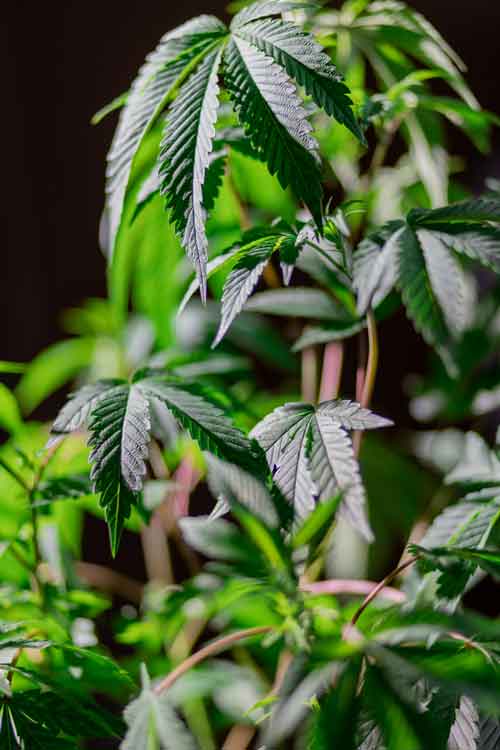An article from the website Marijuana Moment by Ben Adlin
A new study of 1,886 cancer survivors found that nearly half either currently or previously used cannabis, with most of those who used marijuana after their diagnoses reporting that it was to manage symptoms like sleep disturbances and pain. About a fifth of cancer survivors, it found, “currently use cannabis for symptomatic relief while undergoing active cancer treatment.”
Published late last month in the Journal of Cancer Survivorship, the study says that the prevalence of cannabis use among cancer survivors “was notable, with most reporting a great degree of symptomatic improvement for the specified reason for use.”
Of all participants, 17.4 percent were current cannabis users, 30.5 percent were former users and 52.2 percent said they’d never used marijuana. Of the 510 respondents (27 percent) who used cannabis after their cancer diagnosis, 60 percent said they used it to manage sleep disturbances, followed by pain (51 percent), stress (44 percent), nausea (33 percent) and mood disorders or depression (32 percent). “Also, about a fifth (91/510) of cancer survivors used cannabis to treat their cancer,” the study said.
Majorities of patients said the use of marijuana was effective at treating symptoms. Among those using it to treat nausea, for example, 73.6 percent said it was effective “to a great extent,” with another 24.4 percent saying it was “somewhat” effective. Only 1.9 percent said it had “very little” efficacy, and virtually none said it was “not at all” effective.
Similar findings occurred around depression, appetite, pain, sleep stress and coping with illness generally. In each instance, more than half of respondents said cannabis was helpful “to a great extent,” while between half and a quarter said it was “somewhat” effective. Small fractions, at most around 5 percent, reported “very little” benefit or none at all.
In terms of treating cancer itself, responses were only slightly less enthusiastic. Just under half (47.7 percent) called marijuana effective “to a great extent,” 34.5 percent said it was “somewhat” helpful, 13.8 percent said it offered “very little” benefit and just 4 percent said it helped “not at all.”
The four-author research team, at the University of Texas’s MD Anderson Cancer Center, also found that awareness of marijuana’s potential health hazards was quite low among respondents, with only about 1 in 10 reporting awareness of such risks when asked, “Were or are you aware of any potential health risks associated with cannabis/marijuana during your cancer treatment?”
“Only a few were aware of the health risks of cannabis use during cancer management,” the study says. “Of the 167 survivors who reported awareness of potential health risks from cannabis use, the awareness of adverse health risks associated with cannabis use was low: suicidal thoughts (5 percent), intense nausea and vomiting (6 percent), depression (11 percent), anxiety (14 percent), breathing problems (31 percent), and interaction with cancer drugs (35 percent).”
The study is the latest in a growing body of research looking into how cannabis is being used—and how it might be used in the future—to manage cancer symptoms. In late October, for example the University of Buffalo announced that one of its psychiatrists had received a $3.2 million grant from the National Institutes of Health’s (NIH) National Cancer Institute to fund a yearlong study into how immunotherapy, a common cancer treatment, is affected by patients’ cannabis use.
In May of last year, meanwhile a University of Colorado study, using marijuana products from state-licensed dispensaries, found that chemotherapy patients who used cannabis regularly over a two-week period reported not only reduced pain but also clearer thinking.
The American Medical Association (AMA) also published research in late 2022 that connected state cannabis legalization with reduced opioid prescribing for certain cancer patients.
The new study comes as patients, researchers and everyday observers await action from the Drug Enforcement Administration (DEA) on a pending review of marijuana’s scheduling status under the federal Controlled Substances Act. The Department of Health and Human Services (HHS) recommended last August that DEA reschedule cannabis, reportedly to Schedule III.
The move would still not legalize state medical marijuana or adult-use cannabis programs under federal law, though it would open the door to Food and Drug Administration (FDA) approval of cannabis-based drugs and increase profit for medical marijuana companies that currently can’t take standard business deductions under the federal tax code.





